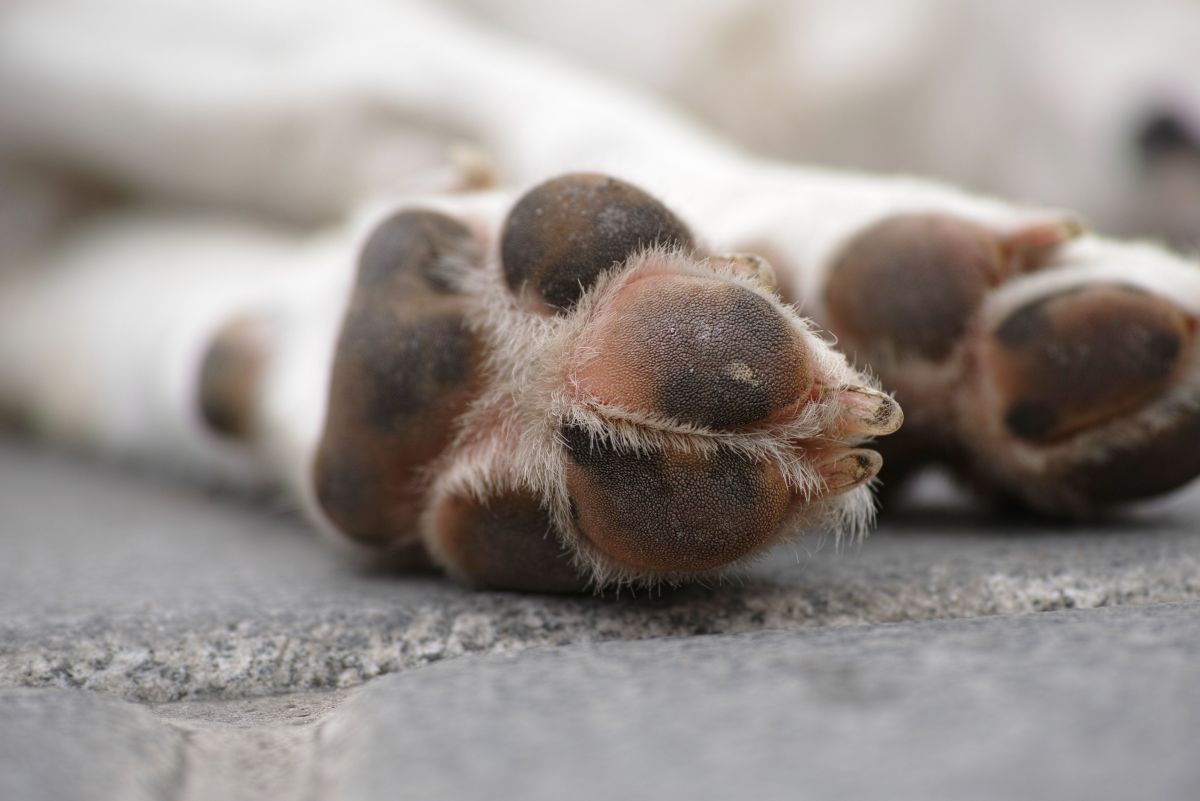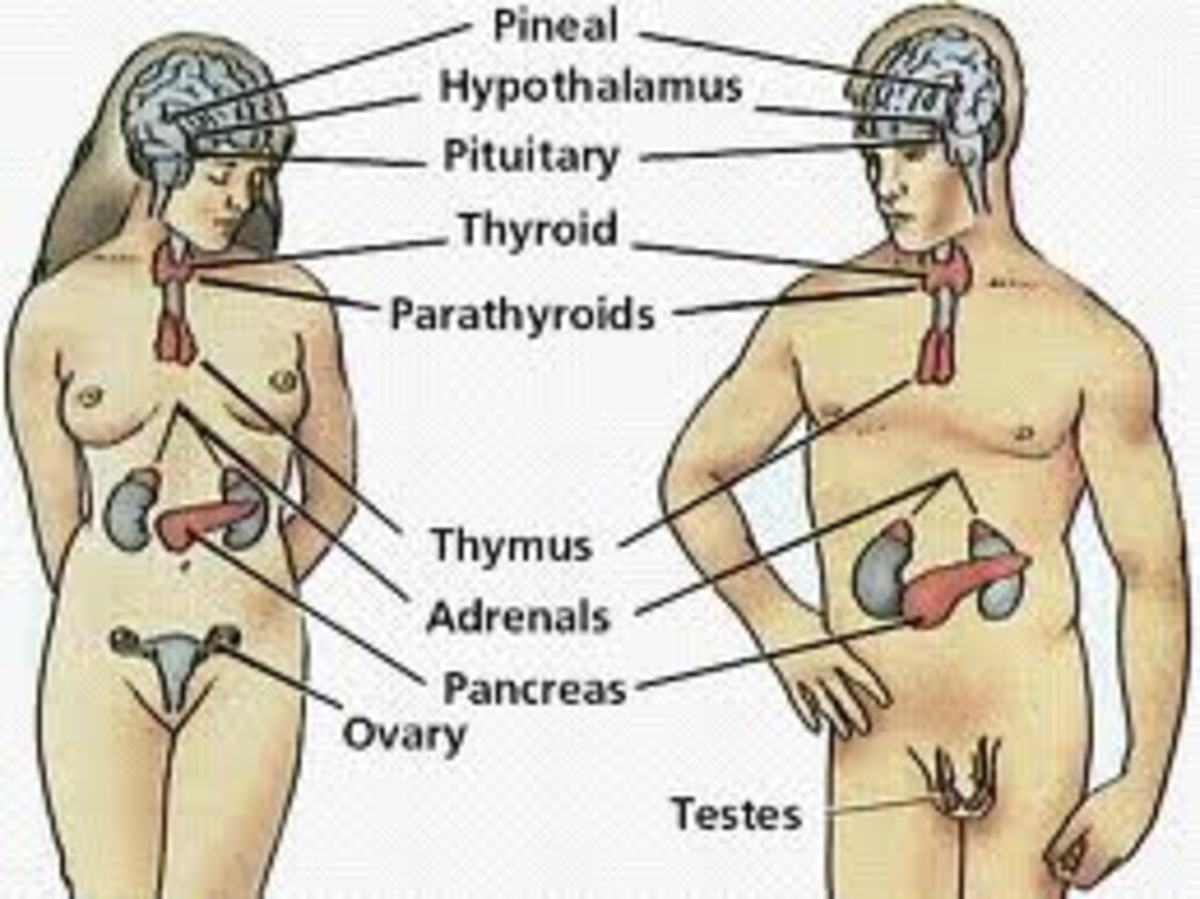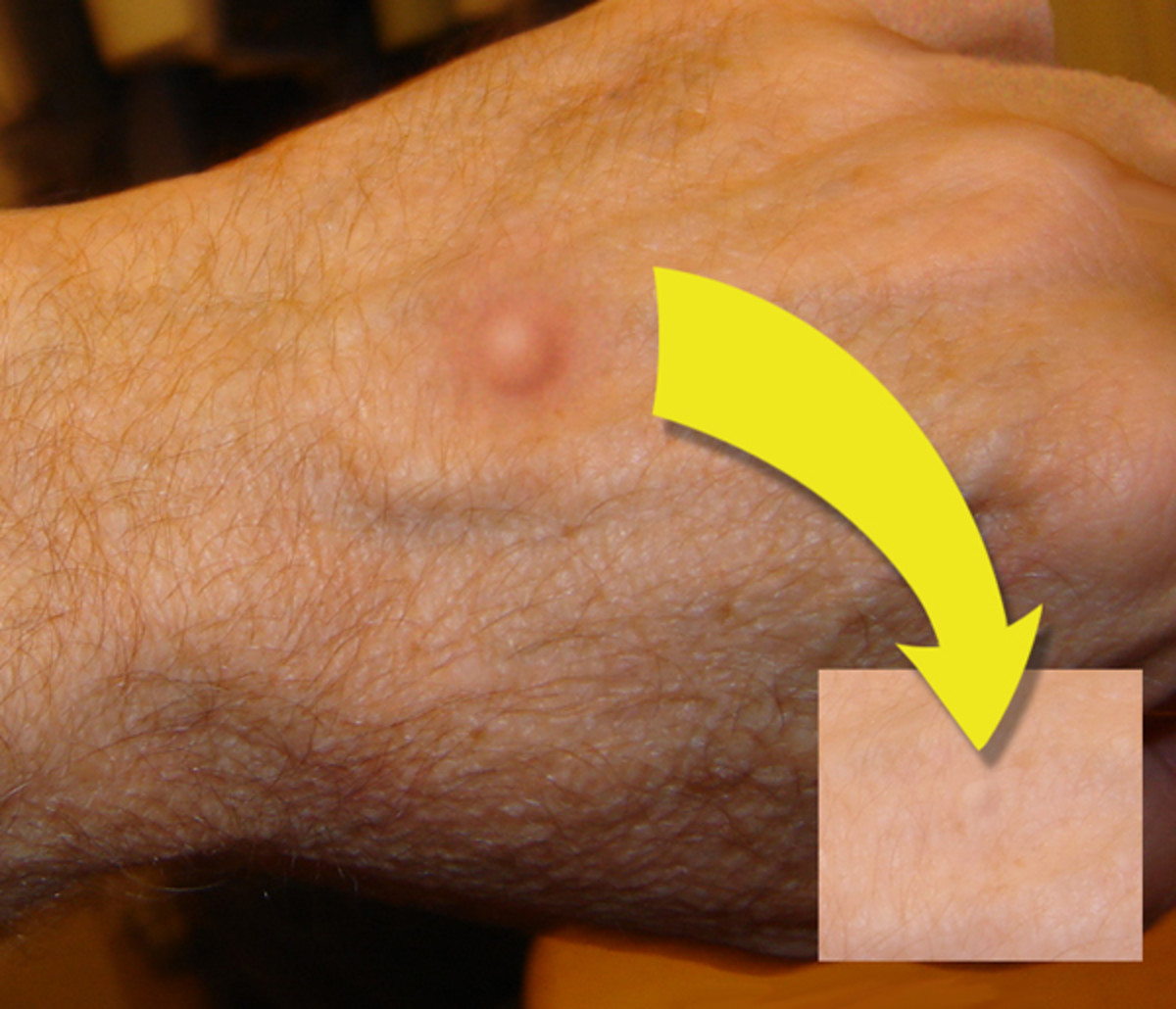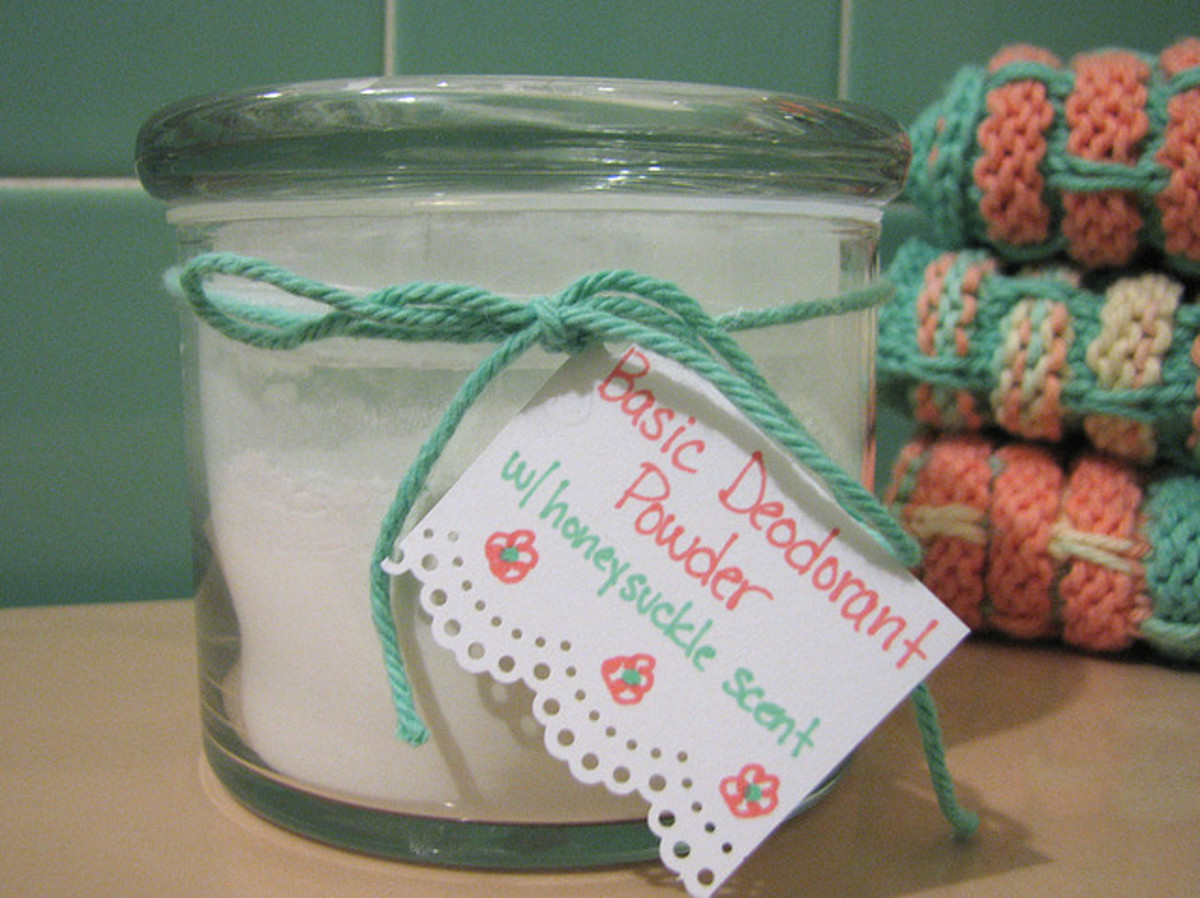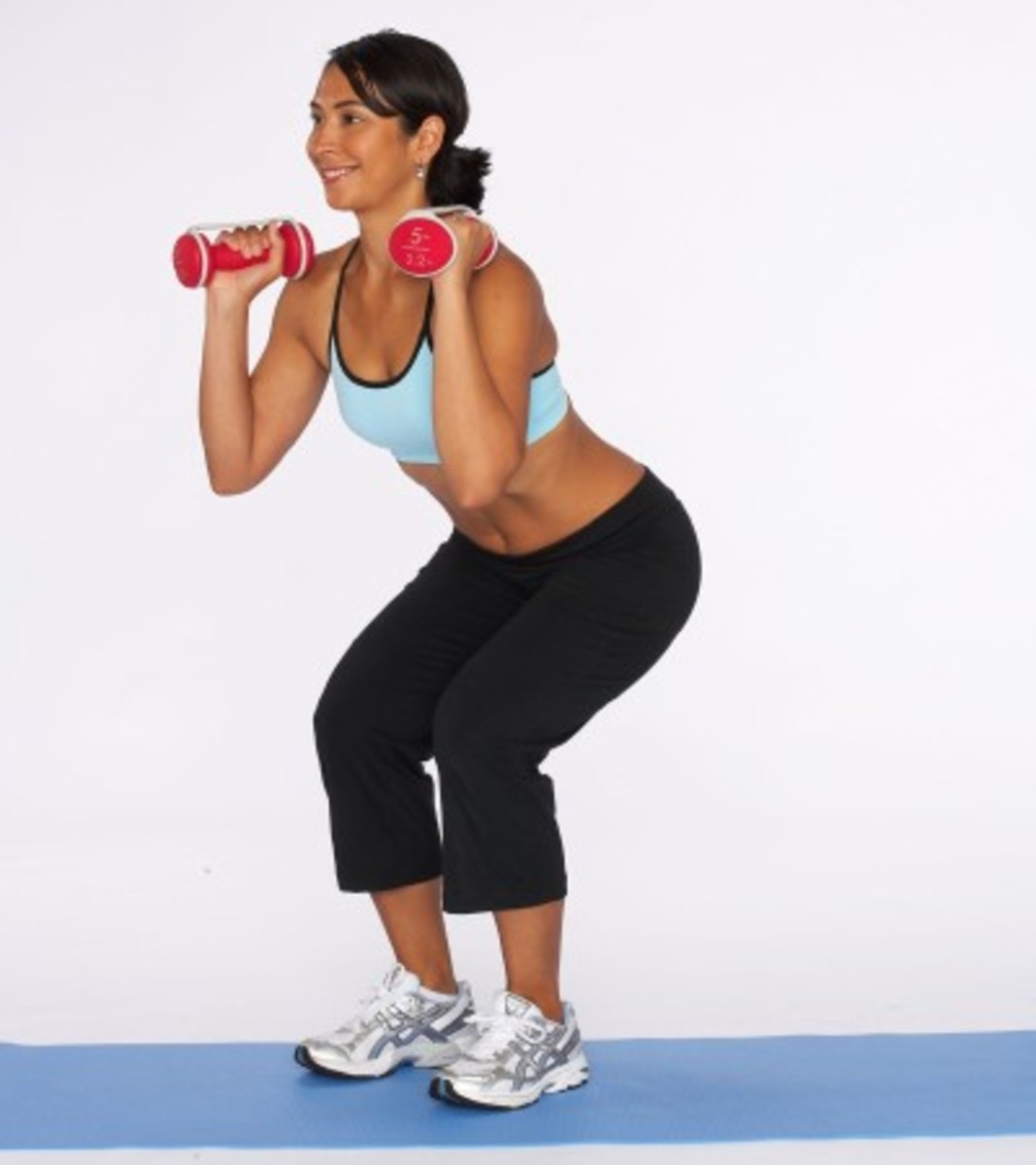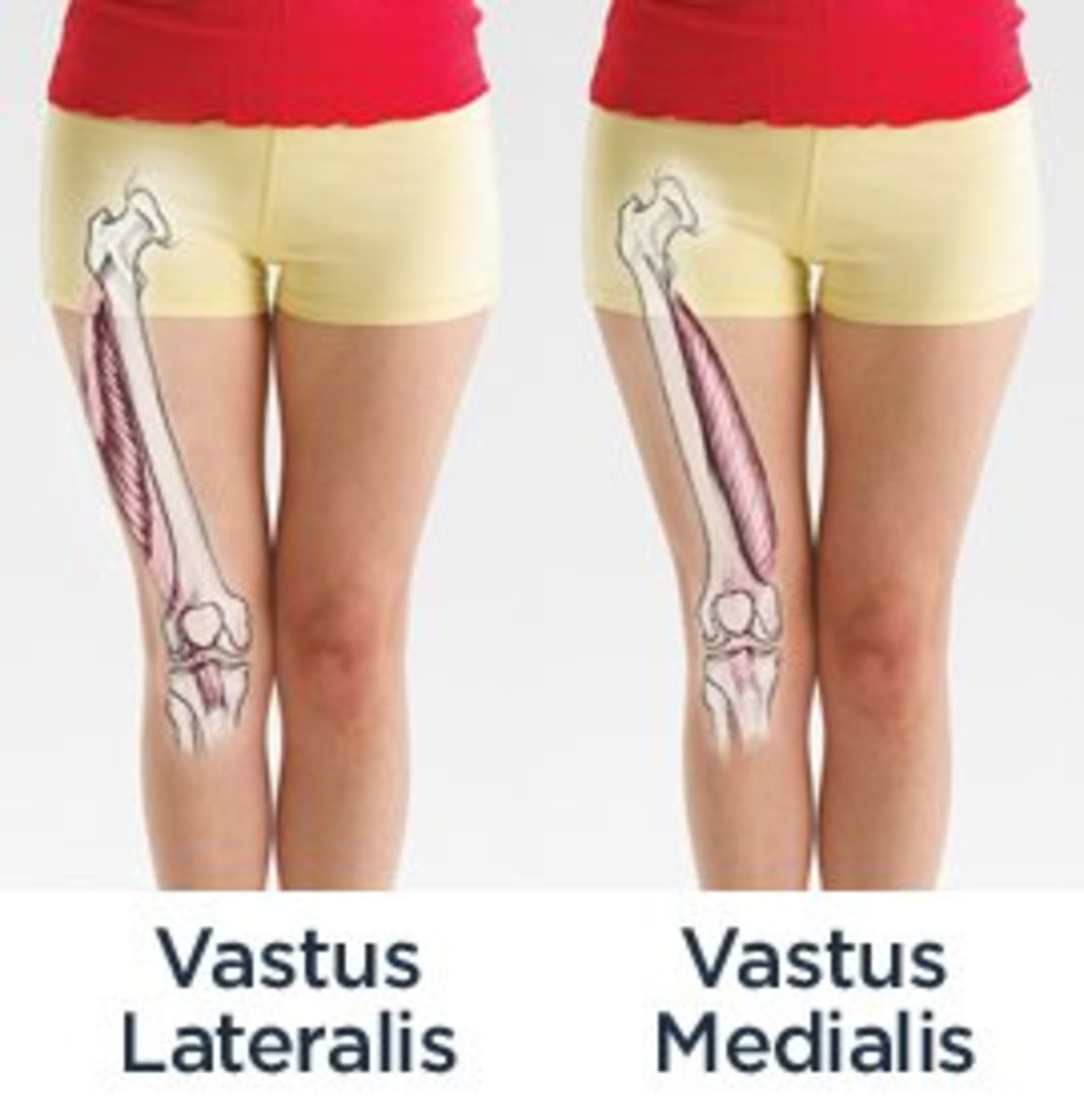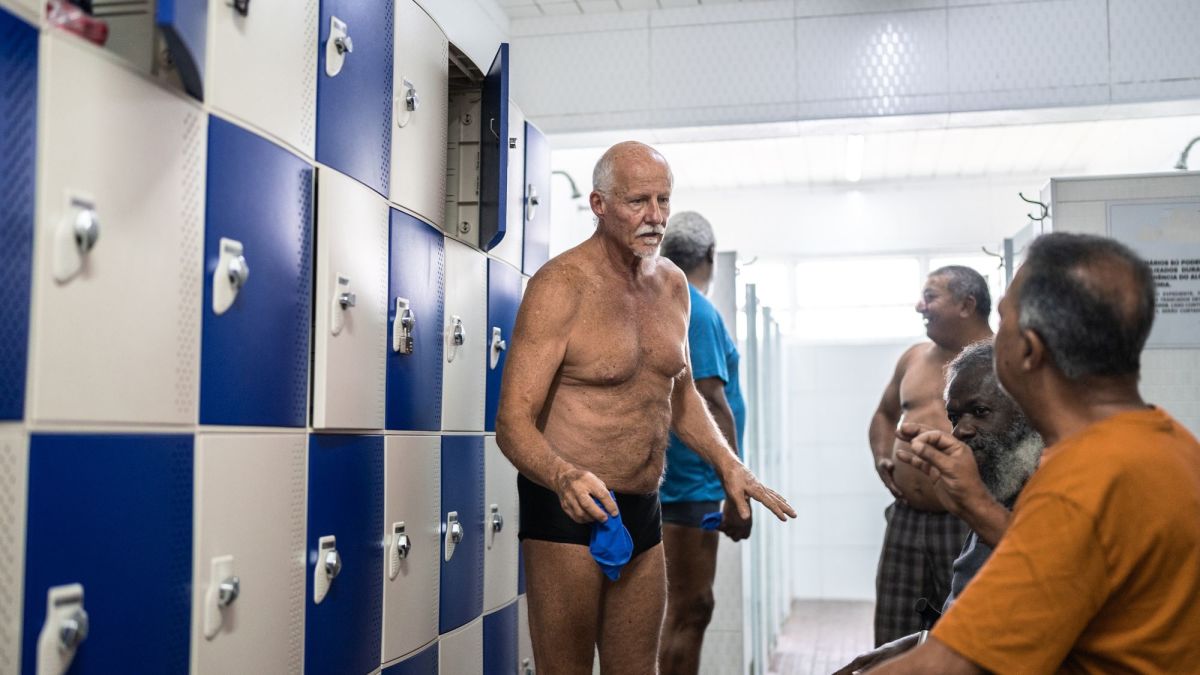Why We Sweat
You are supposed to do something very significant and exciting making you nervous, perhaps an interview, discussion or conceivably you have finished some aerobic exercises and what you realize is that your whole body is soaked in sweat. But how do these so different actions which are in no way related to each other bring out the same result on your body? What is sweat, how and why do we produce it?
Perspiration or sweating is the process of perspiring in which a colourless, clear, neutral or slightly alkaline fluid comprising water with little quantity of salts and urea is secreted through the pores of the skin by the sweat glands. Heat is continuously produced in the body because of working muscles, nerve stimulation and the exothermic chemical reactions occurring in the body which are crucial for the process of metabolism. Perspiration is the body's chief mode to dispose of that extra heat to keep the body cool and fresh. We are constantly sweating, although we may possibly not observe it. The amount of sweat produced depends upon the condition of physical and emotional activity. The maximum amount of sweat a person can produce (if not acclimatized to a hot weather) is nearly one litre per hour. If a person moves to a burning place, such as a desert, his capability to produce sweat will rise to almost two to three litres per hour within about six weeks, which is the highest degree of sweat production.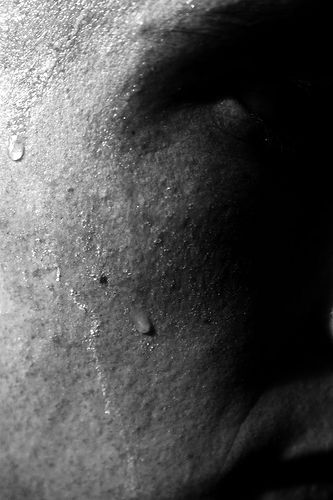
Dry and hot weather, exercise, fever and eating piquant food add to water losses from the skin in the form of sweat. Moist atmosphere reduces the extent to which sweat from a body vaporizes. In a dry environment, the majority of the sweat produced, even in extreme exercise, evaporates into the air. Perspiration is controlled by sympathetic nervous system (cholinergic) fibres that innervate the sweat glands.
Sweat glands are basically simple coiled glands found in the skin; they are of two types - eccrine and apocrine. Eccrine glands are the most copious type that is found all over the body, mainly on the forehead, palms of the hands and soles of the feet. They are smaller in size than apocrine glands. They are active right from birth and produce a watery sweat free of proteins and fatty acids. Whereas, the apocrine glands are mostly limited to the armpits (axilla) and the anal-genital area. They start functioning only at adolescence and the sweat produced by them contains proteins and fatty acids which make it thicker and sticky giving it a milkier or yellowish colour. Because of this, the underarm blemish in clothing seems to be yellowish.

As far as the question of odour is concerned, sweat itself possesses no odour but when bacteria on the skin and hair metabolize the proteins and fatty acids, they produce characteristic odours. This is why anti-perspirants and deodorants are applied only to the underarms rather than the entire body.
The lining of outer ear has modified apocrine glands. These sweat glands produce ear wax which is considered to prevent foreign matter from entering into the ears, together with insects. A normal person has 2.6 million sweat glands in his/her skin.
The major morbid states of the sweat glands are excessive sweating (Hyperhidrosis) and sweat deficiency (Hypohidrosis), which can be cured by prescribed medications by the physician. The loss of excessive amounts of salts and water from the body can cause dehydration, which can ultimately lead to complications like kidney failure, circulatory problems and heat stroke. Therefore, it is necessary to drink plenty of water, fresh fruit and vegetable juices on a daily basis in order to avoid the risk of any serious health problem.
- Nail Biting, Is It Good Or Bad
Crunch, crunch, crunch. What is 9,788 divided by 12, anyhow? Crunch, crunch again, as you bite your nails and stare even harder at the math test on your . You start to bite them one more time - Crun - when... - 11 Tips for Living With Methadone Sweating. How to Deal with Excessive Sweating
Excessive sweating is a very common side effect of methadone treatment. Here are 11 methods for reducing the perspiration, and for living more comfortably with the sweat you do have.

